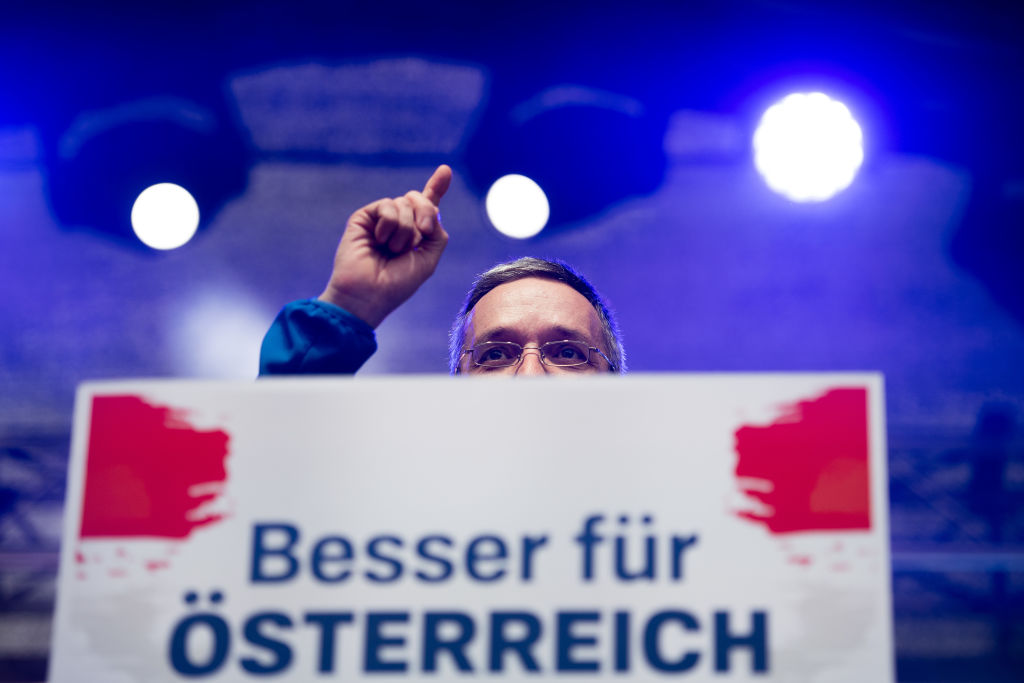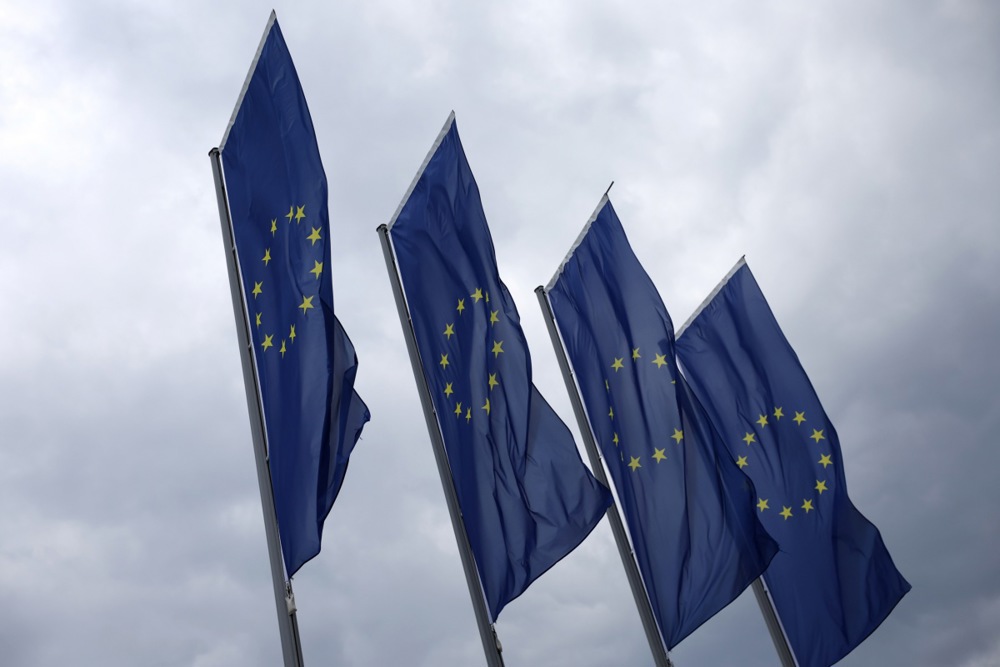Until fairly recently, it looked like Bulgaria was set to join the Eurozone early next year. The country’s finance minister, just weeks ago, declared that Bulgaria had “never been closer to the euro.” Brussels, for its part, seemed ready to announce that Bulgaria had qualified for entry into the Eurozone. But then the country’s president, Rumen Radev, scuttled those plans by announcing he would ask parliament to approve a national referendum on joining the currency.
For a long time, only a few parties, mainly the populist-right Revival party, were openly opposed to entering the eurozone. Earlier this year, party leader Kostadin Kostadinov even had to threaten to block the work of parliament if a referendum was not approved. After Radev’s announcement, Revival credited the decision to their delegation’s recent trip to the United States, which they undertook in order to raise awareness of the country’s possible entry to the euro and to suggest linking Bulgaria’s currency to the dollar instead.
But even with Radev’s support, it is not clear whether a referendum will happen, as parliamentary leaders, including Prime Minister Rosen Zhelyazkov, oppose such a move. While Revival, as one of the country’s largest parliamentary parties, can block parliament from working effectively, they cannot force a referendum.
The problem is, they should not have to force it. Radev’s about-face – previously, he had opposed the idea of a referendum – should be welcomed by anyone who actually believes in democracy. Joining the euro would effectively hand control over Bulgaria’s economy to Brussels technocrats, and would be a major decision, one that Bulgarians should absolutely have a say in. It will affect literally everything in Bulgaria, from the cost of living to salaries to healthcare. Joining the euro is a major decision for a European country, and while many have joined, many others have not. And some are doing extremely well without the euro; Poland, which still uses the złoty, is currently projected to pass Japan’s GDP per capita sometime next year.
This is not to say that keeping the lev, Bulgaria’s currency, would immediately cause immense economic success. But it is the pinnacle of anti-democratic thinking not to give the Bulgarian people a say in making this decision.
Even if Sofia, or Brussels, did not really care about democracy, they should still care about the appearance of democracy. After all, it does not take a political analyst to understand that anti-establishmentarianism is sweeping through the West, and has been for over a decade. From Sofia to Rome to Berlin to Brussels to Washington, voters have repeatedly rejected establishmentarian ideas, politicians, and parties.
Throughout it all, establishments have tried various ways to push back. In the United States, they sought to smear President Donald Trump with “Russian collusion” – a charge which went nowhere. In Italy, now-Prime Minister Giorgia Meloni’s opponents sought to smear her as a fascist. The German establishment has sought to claim the AfD is “extremist,” the first step on the path to banning the party altogether. And in Bulgaria’s neighbour Romania, elections were cancelled last December when the wrong man won the first round – only for populist-right George Simion to win the (second) first-round a few weeks ago.
None of these pushbacks have worked, because none actually tried to deal with the substance of why voters are upset. For example, in the United States, much of the reason Trump was first elected in 2016 was due to his anti-illegal migration policies. But when Joe Biden brought the Democrats back into office, he flung open the borders and allowed four million illegal immigrants to enter the country – giving voters a clear signal that they were not going to be heard. Voters sent their own signal back by bringing Trump back to the White House.
In Germany, the Christian Democrats campaigned on doing something about migration. But, once in power, new Chancellor Friedrich Merz moved left to placate the Social Democrats, his coalition partners. Voters immediately saw they had been duped and, within weeks, the AfD became the most popular party in the country.
The same story could be repeated ad nauseam across Europe: had establishments listened to their voters, people would still trust them. But they did not, so they in turn lost trust.
Now the Bulgarian establishment has a similar challenge, with a similarly easy solution. They wish to fundamentally alter Bulgaria’s economy, and their economic independence, forever, without losing the trust of the people. The solution is simple: approve a referendum. If they are so confident in the benefits of joining the euro, they should not be afraid of putting such a momentous decision to the people.
If the people support it, they can go forward confidently. But if not, they can hold back from joining the euro. They will lose out on the currency preferred by Brussels bureaucrats, but they will gain the most important currency a politician can have in a democracy: trust.





‘Progressive democracy’ means destroying the power of the people’s vote